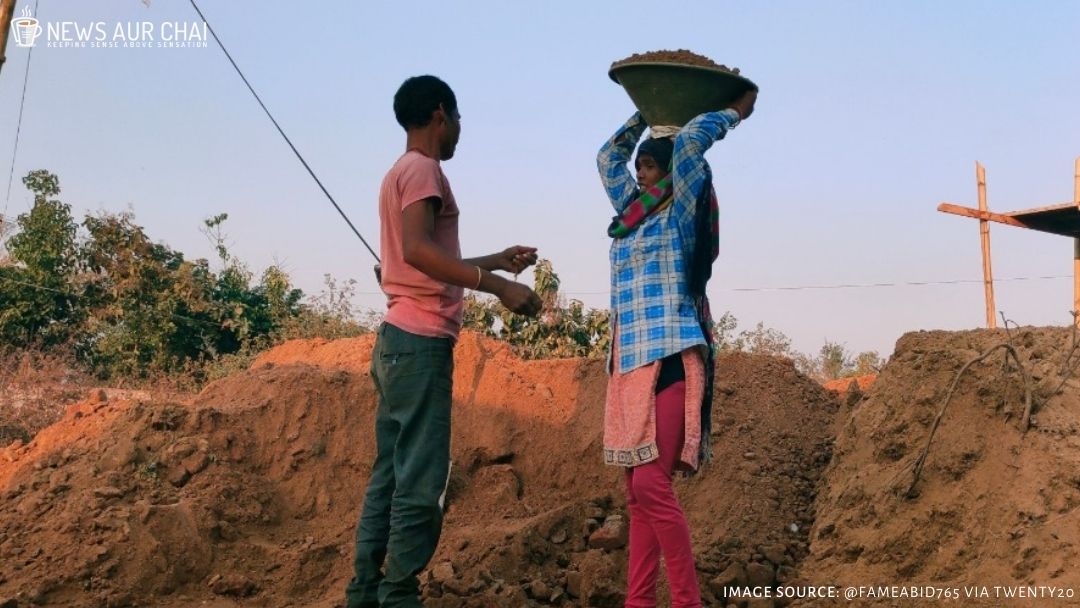
On November 13, the Ministry of Labour and Employment notified the draft rules under the Social Security Code 2020. Now Ministry seeks feedback, through suggestions and objections from the stakeholders, within 45 days from notification of the draft. In a statement, on November 15, Ministry mentioned these rules had been framed to ensure the implementation of the provisions of the Social Security Code, 2020.
What is ‘Social Security Code 2020’?
This Code, popularly known as the ‘SS Code’, was brought into effect on September 28, this year. The primary purpose of the Code is to amend and consolidate the laws relating to social security to all workers and employees, serving in the organized or unorganized or any other sectors. The provisions of this Code mainly revolve around the concepts of Employees’ Provident Fund, Employees’ State Insurance Corporation, gratuity, maternity benefit, social security and cess in respect of Building and Other Construction Workers (BOCW).
It will contain the various existing Indian labour laws. The SS Code has expanded its applicability by including the unorganized sector, fixed-term employees, gig workers, platform workers, and others in addition to the contract employees. The organizations should be careful to consult the provisions of the Code, once it is brought into effect.
Main Features of draft rules
- Provision for Aadhaar-based registration:– The Ministry has taken the initiative to develop the online portal to facilitate the registration. This registration also involves self-registration by unorganized workers, gig workers and platform workers on this portal of the Central Government. The draft rules have also proposed Aadhaar-based registration of BOCW on a portal of the Centre, State government or the BOCW welfare board of the State;
- Online Portal:– An unorganized worker or a gig worker or platform worker is required to be registered in the government portal, with the details specified in the social security scheme, if he wants to avail any benefit under any of the schemes formulated under the Code;
- Benefits to the migrant builder:– When a building worker migrates from one State to another, he shall be entitled to get benefits in the State where he is currently working, and this shall be the responsibility of the Building Workers Welfare Board of that State to provide aids to such a worker;
- Single Electronic Registration:- This is made available for an establishment, and it includes cancellation too, in case the business is closed.
The employer would calculate the BOCW cess based on the cost of construction according to the rates of the State Public Works Department or the Central Public Works Department or the documents submitted to the Real Estate Regulatory Authority.
Thereby, the procedure for self-assessment and payment of cess (in case of BOCW) has been emphasized in the draft rules;
- Exiting of an Establishment:– Provision has been made in the rules concerning the manner and conditions for the exiting of an establishment from Employees’ Provident Fund Organization (EPFO) and Employees’ State Insurance Corporation (ESIC) coverages;
- Relaxation of Interest Rate:- Rate of interest for delayed payment of such cess has been reduced from 2 per cent monthly or part of a month to 1 per cent;
- Stopping Construction Work:– The power for indefinitely halting the construction work has been removed in the draft rules. In the present rules, the Assessing Officer has the power to direct that no material or machinery can be removed or disturbed from the construction site;
- Construction Site Visit:– Assessing Officer can visit the construction site only with the prior permission of the Secretary of the BOCW Board;
- Benefits to employees:– Provision has been made in the rules to give the employees’ gratuity, who is on fixed-term employment;
- Payment of Contribution:– The manner regarding the payment of contribution, through self-assessment, by the aggregators, have also been provided.
The Labour Ministry will make the final set of rules based on the suggestion sought put forth by the stakeholders. It is to be noted that the Ministry has already unveiled the draft rules under the Industrial Relations Code. On the other hand, it will be putting forward the draft rules under the Code on Occupational Safety, Health and Working Conditions shortly. The objective here is to introduce the necessary Codes from April 01 2021.





